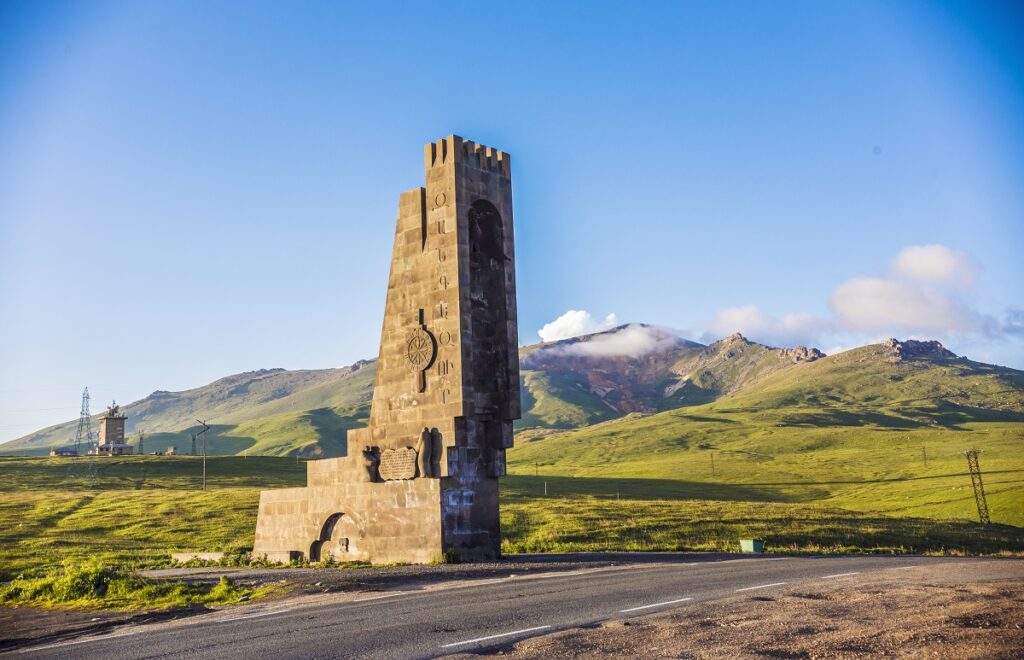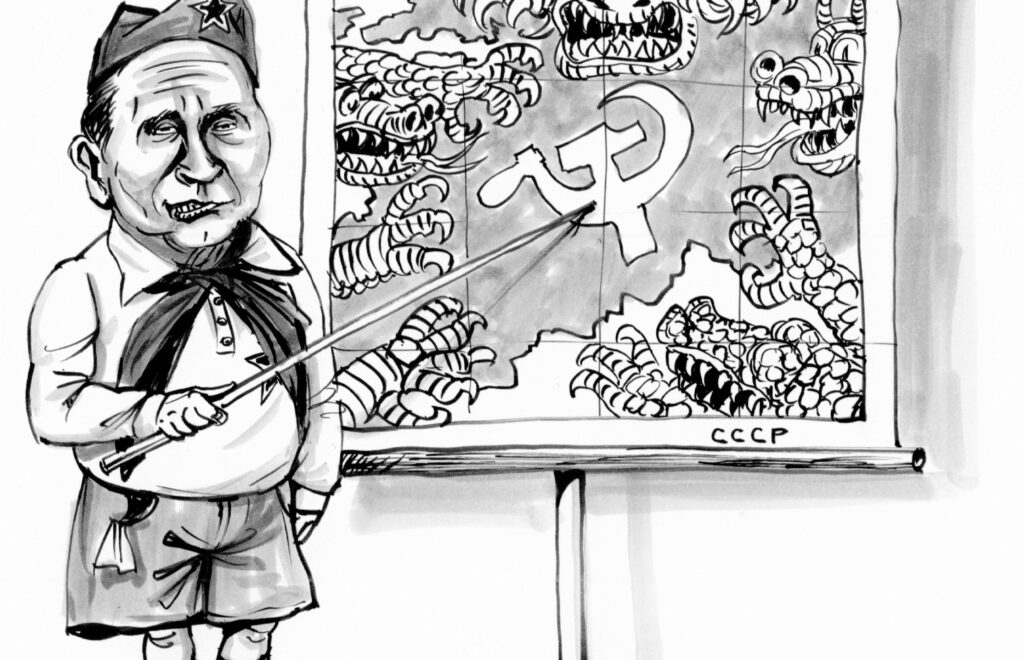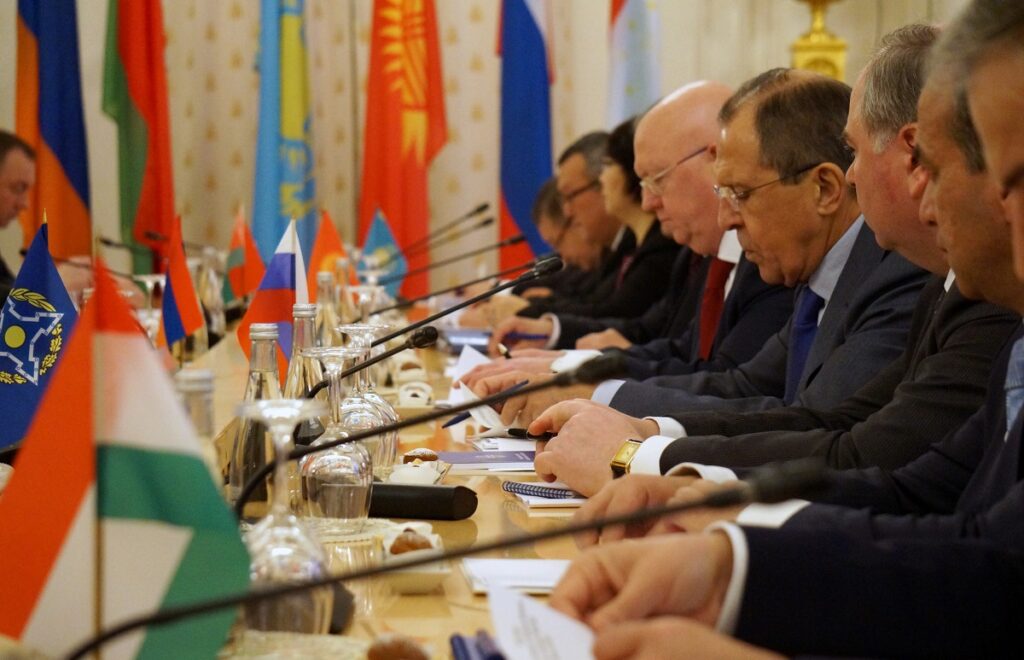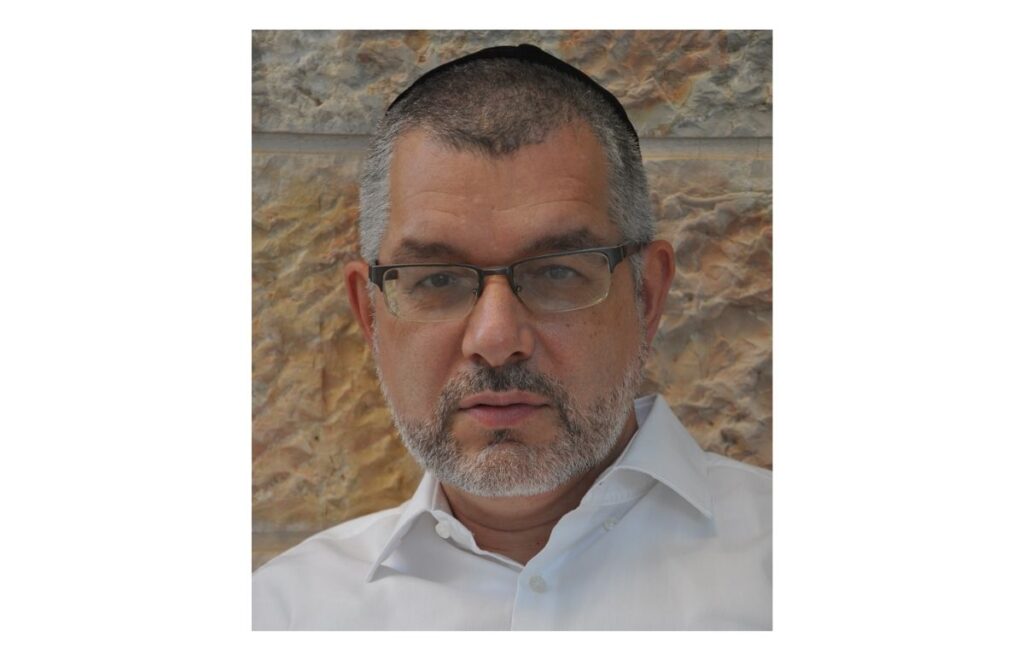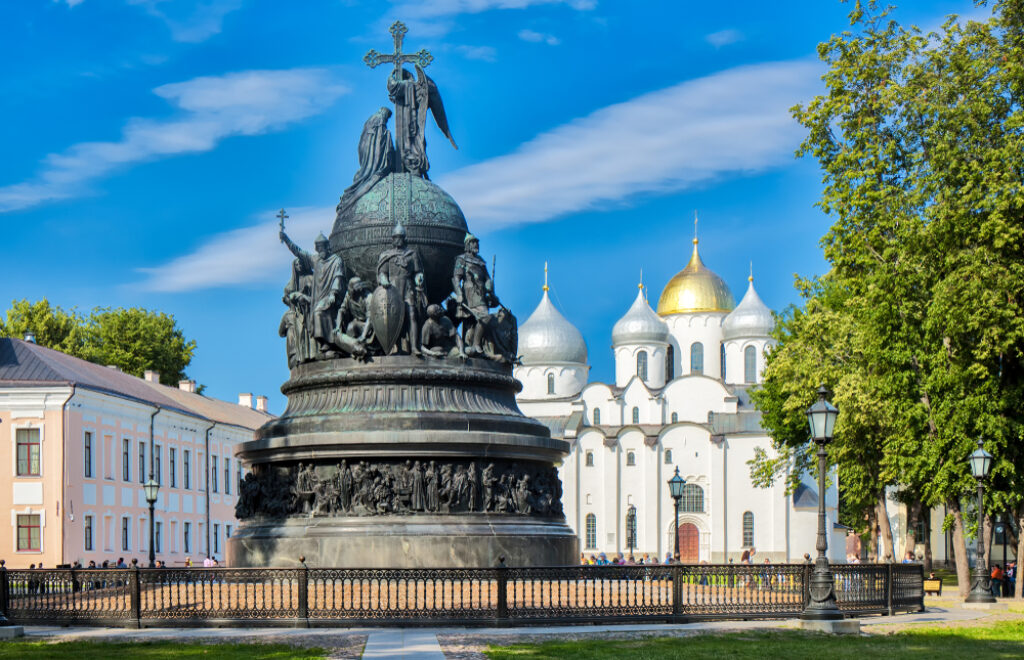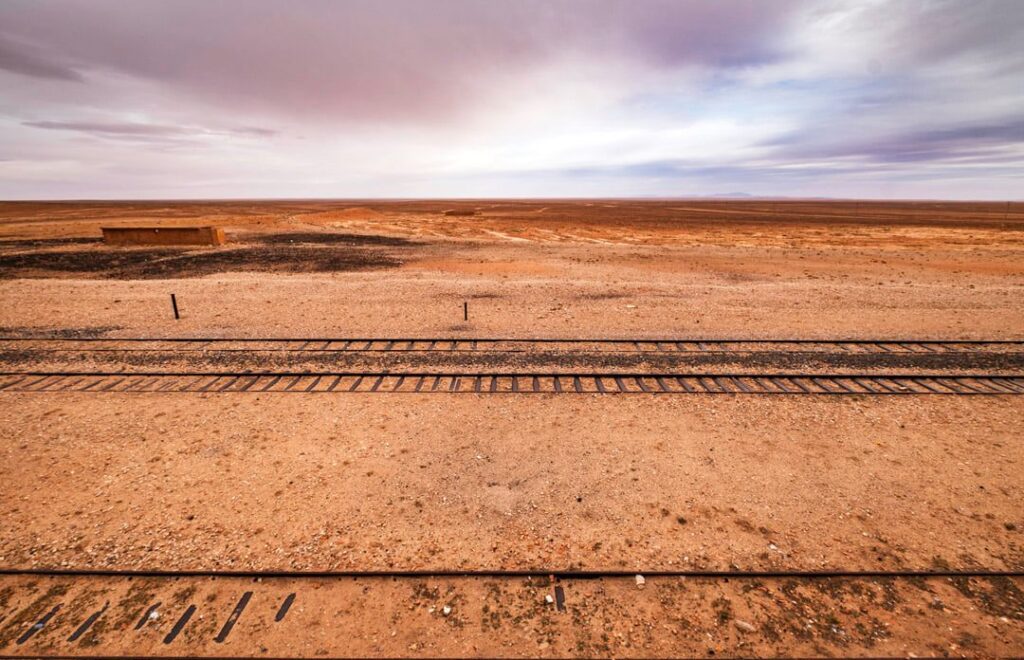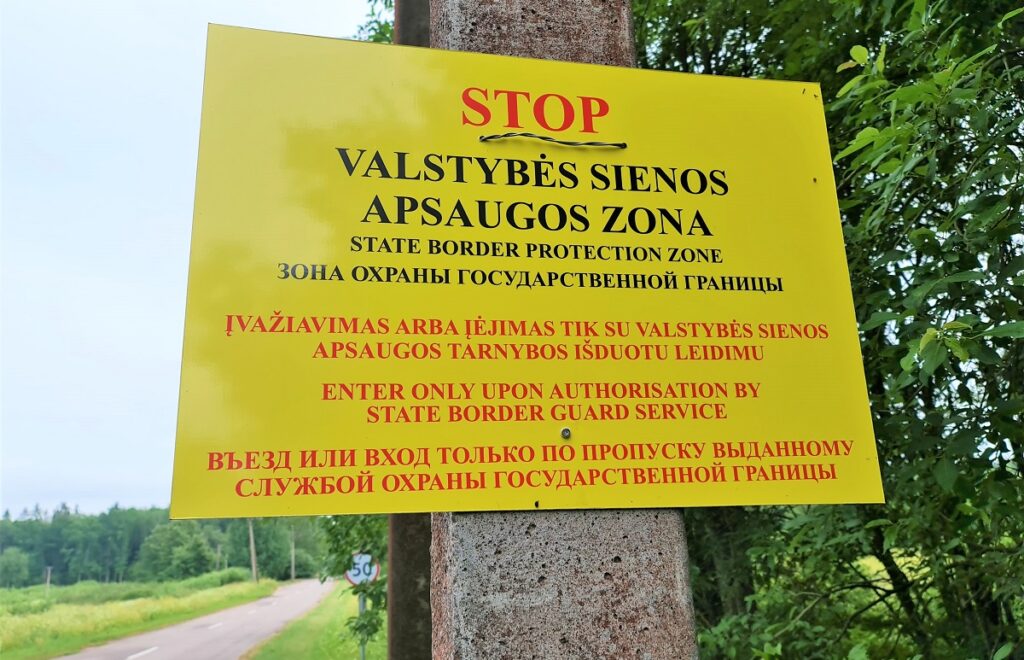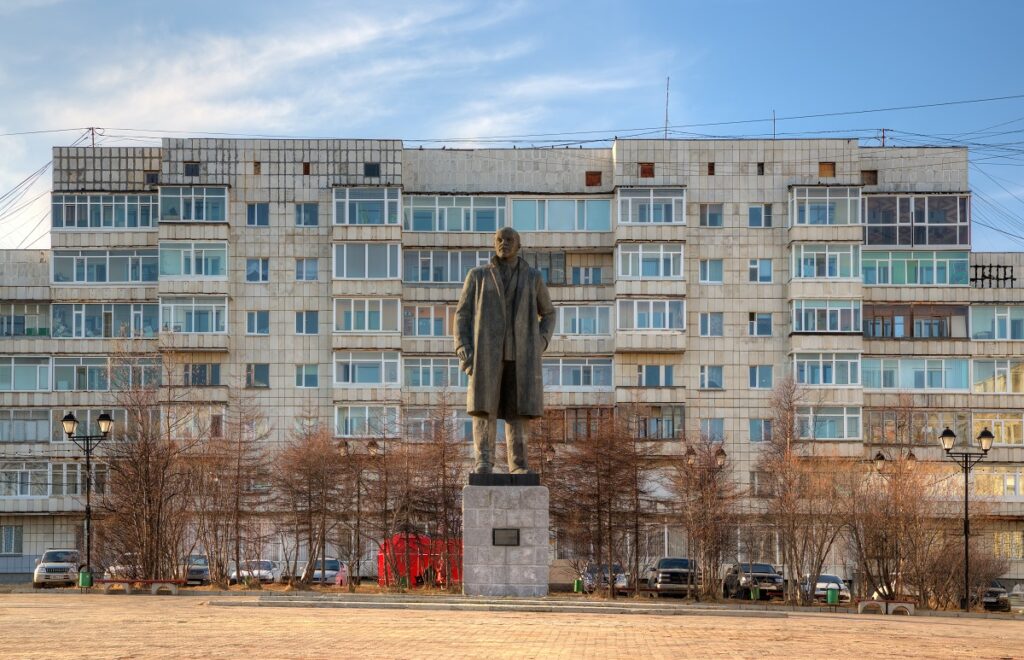The Armenian view on the opening of the South Caucasus after the 2020 Karabakh War
The 2020 Karabakh War has caused a significant shift in the geopolitics of the South Caucasus. Azerbaijan naturally strengthened its position, while Armenia was plunged into an acute political crisis without any clear solutions. Even the victory of Nikol Pashinyan’s “Civic Contract” party in the June 2021 early Parliamentary elections did not put an end to the domestic instability. Russia and Turkey have also increased their influence in the region. Moscow achieved its crucial goal of deploying troops in Karabakh, while Ankara has sent a clear message that it is now a leading regional powerbroker.
December 2, 2021 - Benyamin Poghosyan


